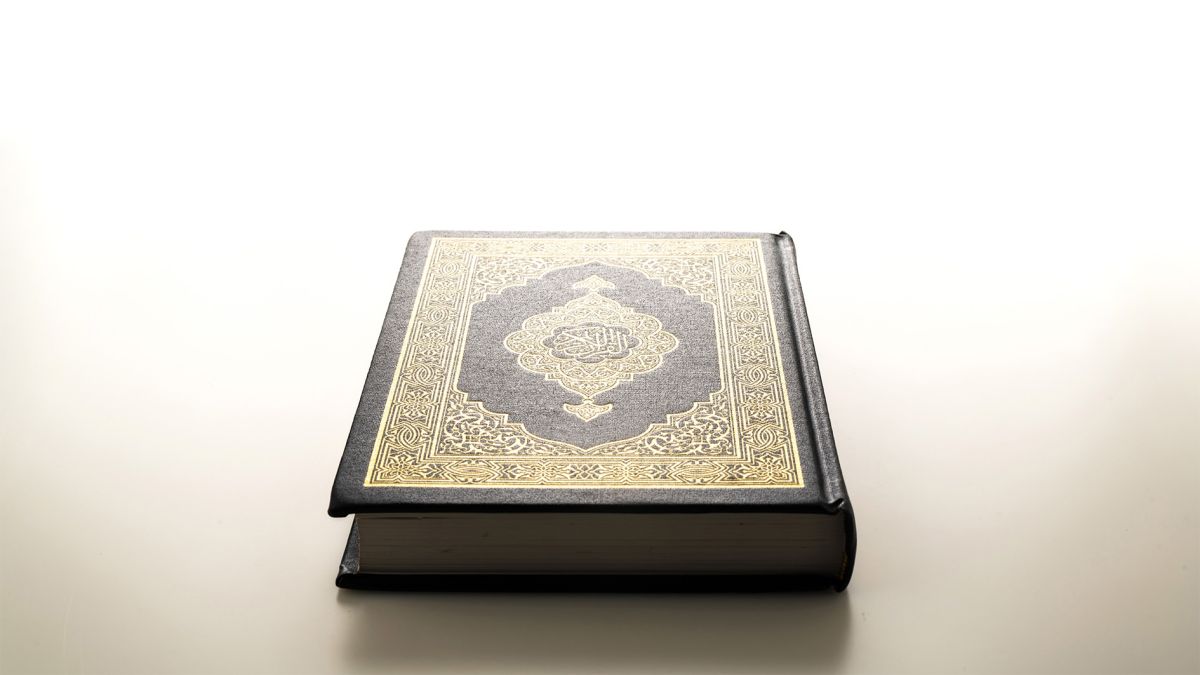Citing the Beautiful and Perfect Names and Attributes of Allāh in the Correct Context – An Example from Sūrah al-Māʾidah
Imām Ibn Qayyim al-Jawziyyah


Imām Ibn Al-Qayyim [d. 751 AH] said:
“The saying of the Messiah (ʿalayhi al-salām) [as mentioned in the Qurʿān]:
إِن تُعَذِّبْهُمْ فَإِنَّهُمْ عِبَادُكَ ۖ وَإِن تَغْفِرْ لَهُمْ فَإِنَّكَ أَنتَ الْعَزِيزُ الْحَكِيمُ ﴿١١٨﴾
‘If You should punish them – indeed they are Your servants; but if You forgive them – indeed it is You who is the Exalted in Might, the Wise’
[Al-Māʾidah, 5:118]
is better than saying ‘If you forgive them – indeed it is You who is Forgiving and Merciful.’ That is, if you were to forgive them, your pardon is borne out of exaltation and power which is complete and absolute ability. [It is also] borne out of wisdom and complete knowledge. As the one who forgives out of inability and ignorance indeed assists criminals. [Such an individual] would also not be considered able, wise, or knowledgable. Thus, [such forgiveness] comes about only from one lacking in ability. For You [Allāh] only forgive out of complete power and complete knowledge and wisdom with which You place things in their correct positions.
Thus, this is better than mentioning [the names of Allāh] Forgiving and Merciful in this place [in the Qurʾān] as it refers to when forgiveness is sought too late [on the Day of Judgement]. So if He was to say: ‘If you forgive them – indeed it is You who is Forgiving and Merciful’, the [āyah] would contain some leniency and seeking of forgiveness for one who is not deserving of it. This is something that the station of the Messiah (ʿalayh al-salām) is far above. This is further compounded by the fact that his position [in this āyah] is one of greatness and exaltation, and of exacting revenge upon the ones who would ascribe a son to Allāh, or take a god in worship besides Him. Consequently, mentioning [the names] of the Exalted in Might, the Most Wise is more appropriate [in this āyah] than mentioning the Merciful and Forgiving.”
Source: Al-Tafsīr al-Qayyim: 36
Translated by: Riyāḍ al-Kanadī

















